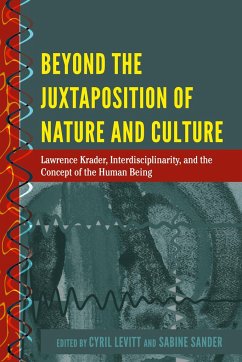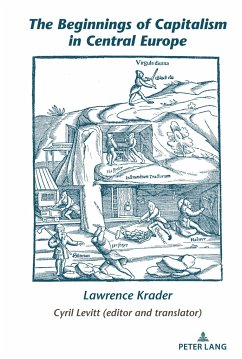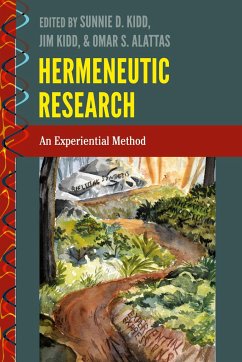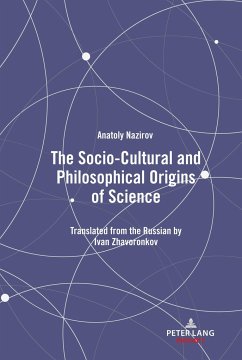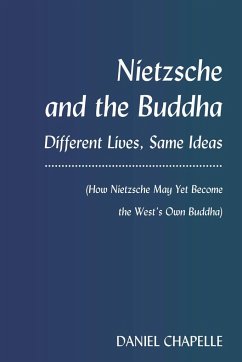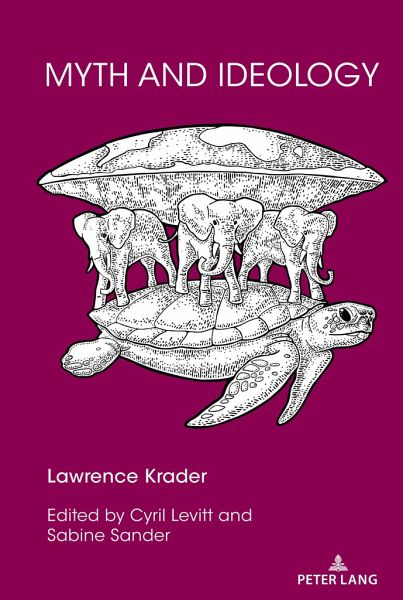
Myth and Ideology
Versandkostenfrei!
Versandfertig in 6-10 Tagen
119,05 €
inkl. MwSt.

PAYBACK Punkte
0 °P sammeln!
This posthumously published work by Lawrence Krader surveys the study of myths from ancient times (in classical Greece and Rome, Egypt, Babylon, Akkad, Sumer, China), in the Biblical traditions, of the indigenous peoples of the Americas and Australia, and from Northeastern and Central Asia. It also covers the various approaches to the study of myth in Europe in the Middle Ages, the Renaissance and Enlightenment, and the Romantic movement in the late eighteenth and early to mid-nineteenth century; it discusses evolutionist, structuralist, hermeneutic, and linguistic approaches. The book covers ...
This posthumously published work by Lawrence Krader surveys the study of myths from ancient times (in classical Greece and Rome, Egypt, Babylon, Akkad, Sumer, China), in the Biblical traditions, of the indigenous peoples of the Americas and Australia, and from Northeastern and Central Asia. It also covers the various approaches to the study of myth in Europe in the Middle Ages, the Renaissance and Enlightenment, and the Romantic movement in the late eighteenth and early to mid-nineteenth century; it discusses evolutionist, structuralist, hermeneutic, and linguistic approaches. The book covers on the one hand the treatment of myth from the inside, that is from the experience of those committed to the myth, and on the other the perspective of those ethnologists, philosophers and other students of myth who are outsiders. Krader takes up the theme of esoteric and exoteric myths as he rejects some of the assumptions and approaches to the study of myth from the past while singling out others for approval and inclusion in his general theory of myth. The book includes a discussion of myth in science and in infinitesimal mathematics. It also considers the relationship between myth and ideology in the twentieth century in relation to politics and power. It both incorporates and broadens Krader's theory of nature as a manifold consisting of different orders of space-time which he developed in his magnum opus Noetics: The Science of Thinking and Knowing.





